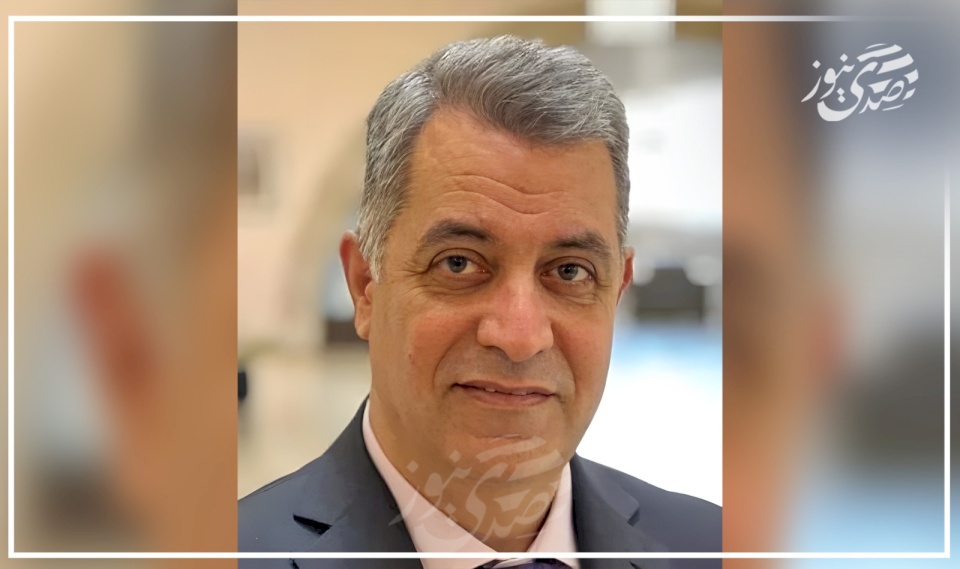
Waiting for the Washington Summit
The American President Donald Trump and Israeli Prime Minister Benjamin Netanyahu will meet next Monday in Washington at the "Victory Summit" following their partnership in the aggression against Iran and the subjugation of multiple fronts, as well as the understanding of the nature of the "new" Middle East according to the Torah-based standards embedded in Netanyahu's and his governmental partners' dreams. In my opinion, any issues announced at this summit; such as the announcement of approval for Steve Witzkoff's proposal, Trump's envoy to the Middle East, for a temporary truce that opens the door to the possibility of ending the war, the possibility of reaching an understanding with the Syrian regime regarding security arrangements with Israel, or discussions about expanding the "Abraham Accords", and the pressure on the Islamic Republic of Iran regarding its nuclear and missile program or its role as a regional state in the area, or the enhancement of Israel's role as a superior regional force, or the continued fight against supporters of the Palestinian people in the United States, should be viewed within the framework of an attempt to capitalize on what has been achieved in the war against Iran as a "chance that must not be missed", as Netanyahu stated.
Conversely, there are three issues or realities that still persist despite this Israeli uproar: Israel cannot handle regional powers like Iran or Turkey alone without direct intervention from its ally, the United States, as evidenced by the Israeli government's, opposition's, and media's flattery towards President Trump to intervene in the aggression against Iran to decide the war, and the destruction and extent of the Iranian nuclear program is unknown, and the possibility that Iran could join the nuclear club is still possible, and the arrogance of the Israeli government in dealing with both the Syrian and Lebanese issues and its attempts to impose surrender on Hezbollah could lead to an explosion and a return to war again.
In my opinion, the war on Iran has brought about multiple changes in the Middle East and in Israel's interactions with the region, represented by significant indicators for the future of Israeli policy, including security policy: (1) granting Israel a vital space extending over 1500 kilometers from its borders with the capability of military movement, (2) acknowledging Israel's right to carry out pre-emptive military strikes, (3) replacing the principle of resolving disputes peacefully with a principle of peace through strength, i.e., military dominance, (4) dealing with reality, i.e., legitimizing the military occupation of others’ lands, (5) using armed force against a member state of the United Nations without permission from the Security Council to maintain international peace and security, and (6) depriving countries of their right to use research and nuclear energy for peaceful purposes.
The risks inherent in the thinking of the American administration and the Israeli government involve transforming the conflict issue from a central matter to a marginal one that Israel alone controls, treating it as an internal problem that aligns with the current American administration's options with the Israeli right. The move towards regional peace without needing to address the Israeli-Palestinian conflict through expanding the "Abraham Accords" in accordance with the American president’s vision is celebrated as a "fictional victory" .
In anticipation of the Washington summit and its outcomes, and comprehending the facts, changes, and looming dangers concerning the Palestinian issue as previously mentioned, these two matters necessitate the Palestinians to mobilize popular participation to strengthen the domestic front and rely on the vibrant forces within the Palestinian people, enhancing the resilience of Palestinians in both the Gaza Strip and the West Bank, pushing for the restoration of unity, and adopting a struggle plan based on popular resistance and its methods and techniques, preparing to manage governance in the Gaza Strip in a manner consistent with unifying administration in the West Bank, achieving harmony between the West Bank and Gaza while considering the legislative, economic differences and priorities in both, thus aligning with the will of the Palestinian people to establish their democratic state. Furthermore, it is crucial to leverage global changes represented by solidarity with the Palestinian people as a "victim of the collective extermination perpetrated by Israel," which requires reframing these movements to turn them into tools of pressure on Western governments that support and protect Israel.

Huckabee's Statements Reveal the Falsehood of Trump's Peace and Reinforce Religious Confli...

Licensed Occupation by Law

Whoever Does Not Plant Hope, Plants Departure...

Between "Here is Jerusalem" and "Here is Gaza" ... The Voice of a Nation and the Steadfast...

While some count the boos, Palestinians count their martyrs.. Paradoxes of the internation...

When the Palestinian Issue is Reduced to Gaza Management

Legally Licensed Occupation

